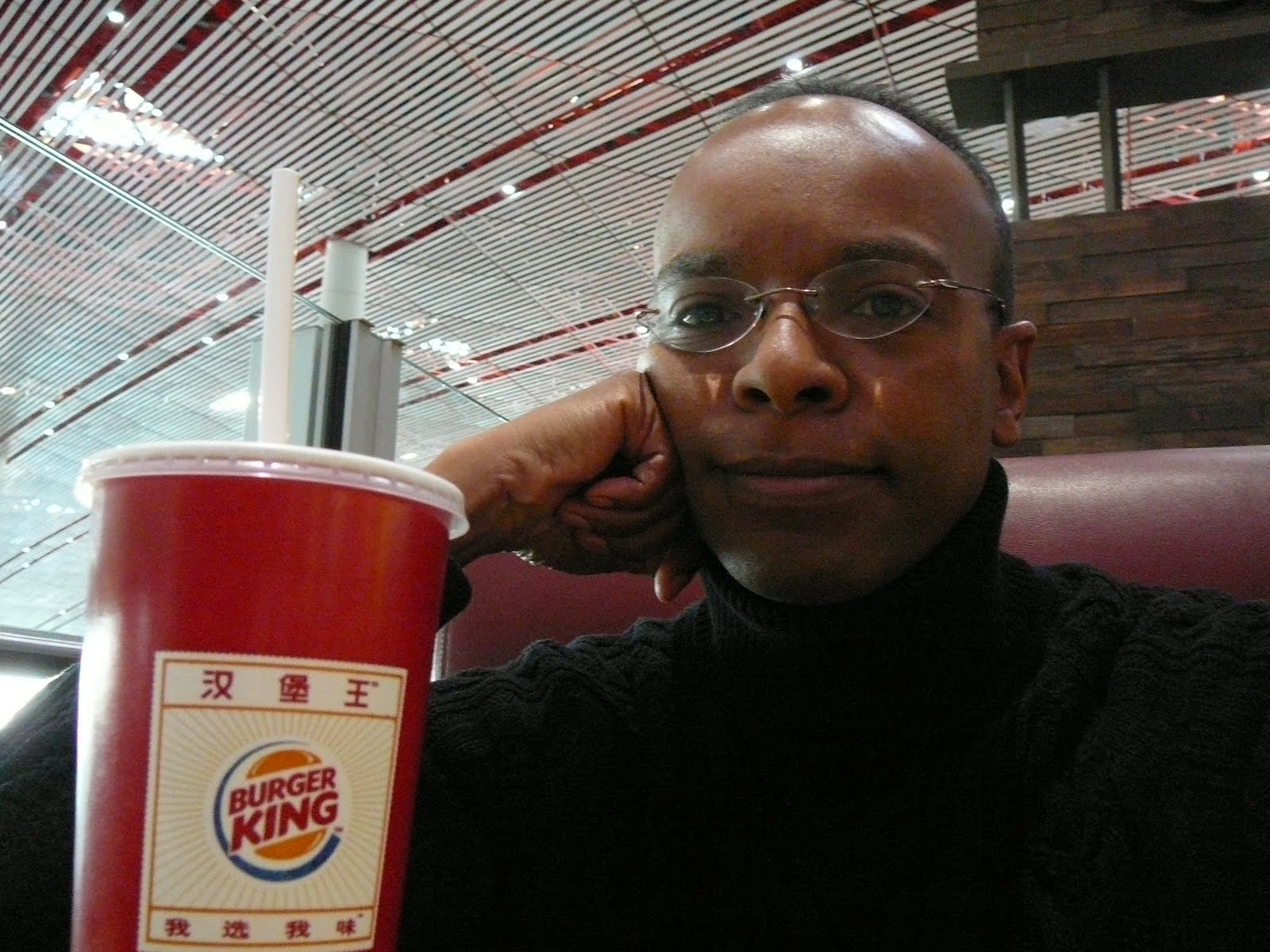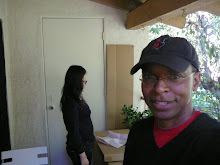
Da Wang Lu.
That was the first set of Chinese characters I tried to say in public. It was the location of a store which I was trying to locate during my first weeks in Beijing. So I asked one of my colleagues at work how to get there. But apparently I didn't say Da Wang Lu correctly, because her answer was a long, drawn-out, aggrieved response:
"EHHHHHH?!"
My heart sank to the floor. Not only had I failed to speak the language, failed to pronounce the name of a simple street, but I had screwed it up so badly that I was causing my poor colleague's brain to burst.
"Um, yeah, Da Wang Lu," I said. "I think it's on the east side, past the 3rd Ring Road."
"Da Wang Lu," she confirmed.
"Right," I said. "Da Wang Lu."
"No," she replied. "It's Da Wang Lu."
"I know," I answered. "That's what I said. Da Wang Lu."
"No. It's Da Wang Lu."
"Yeah, right, Da Wang Lu," I said. "So where is it?"
"No. You mean Da Wang Lu."
"Right," I replied. "That's the name of the street. I need to find Da Wang Lu."
Before the conversation could turn into a Chinese version of Abbott and Costello's famous "Who's On First" routine, my colleague's voice charged up an octave, and now she was yelling at me and stomping her foot.
"NO! IT'S DA WANG LU! DA - WANG - LU! DA...WANG...LU!"
I had no idea what could have triggered the level of anger in her voice. So I said to myself, it's OK, I'll figure it out. It was then that I understood how subtle differences in pronounciation and tone matter when you try to speak Mandarin Chinese. It can literally spell the difference between the name of a street and a personal insult. And after almost two years of living in Beijing and trying to learn the language, I am convinced that you need at least 5 years of study, or be born-and-raised in the culture, to get Mandarin right. Speaking with an accent, or an unusual dialect, or simply with a fatigued tone of voice means you can't order dinner from the menu, or ask the taxi driver to just stop at the next corner.
Some Beijingers hear me struggling with the language, and they ask me, "what's wrong with you? DaShan is a foreigner and he can speak Chinese better than the Chinese." My conclusion is that DaShan (the Canadian guy who became a TV star in China...everybody knows who he is, trust me) is really Superman. He's got the mild-mannered alter ego perfected, right down to the eyewear. The only thing that keeps him from flying faster than a speeding bullet is the lack of phone booths in the CBD.
Learning a new language requires patience, from teachers and students alike. I found the store, along Da Wang Lu near Chang'an Jie, and purchased a Mandarin study guide. Maybe it will show me how to keep my words from hurting the ears of the Chinese people.




